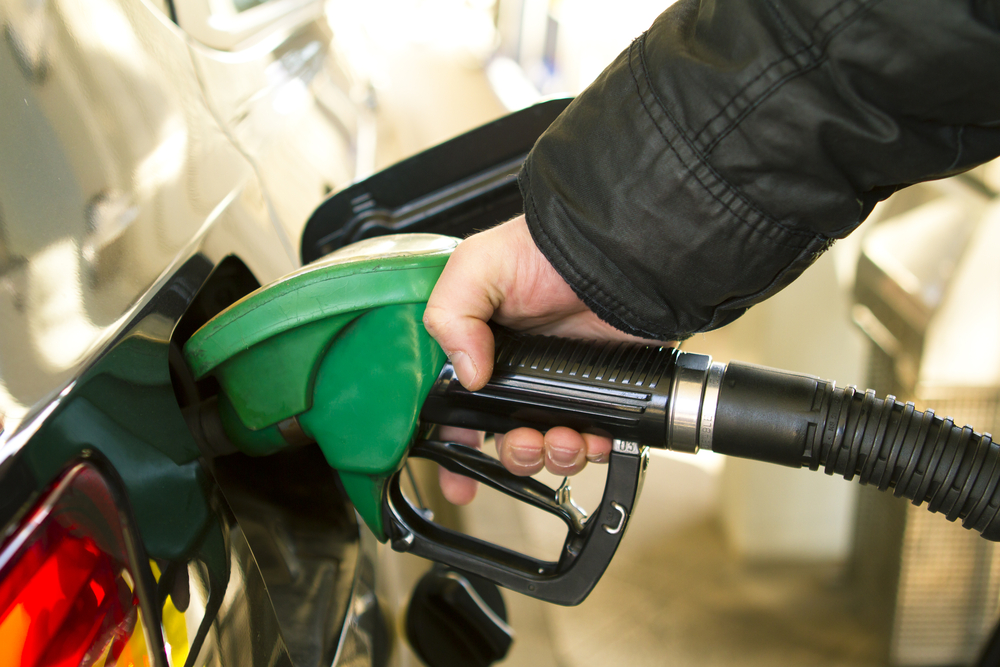Hang on to your wallets, folks. Dutchies are already cashing out lots of money on petrol compared to other countries — but it’s about to get worse.
From January 1, 2024, fuel prices in the Netherlands will likely take a big hit. Not only will a previous tax reduction on fuel prices be taken away, but the excise duty tax will increase due to inflation, reports AD.
Taxes going up and up
A year ago, on April 1, 2022, the Dutch government reduced the tax on fuel to compensate for the soaring energy prices.
Now? They’re gradually reversing the tax reduction, and the last step is set for January 1, 2024.
Petrol price ⛽️:
Hong Kong 🇭🇰: 2.8 ($, 1 litre)
Finland 🇫🇮: 2.36
Iceland 🇮🇸: 2.26
Netherlands 🇳🇱: 2.25
Germany 🇩🇪: 2.19
Denmark 🇩🇰: 2.18
France 🇫🇷: 2.09
Sweden 🇸🇪: 1.96
UK 🇬🇧: 1.94
Spain 🇪🇸: 1.8
Canada 🇨🇦: 1.31
India 🇮🇳: 1.27
Brazil 🇧🇷: 1.26
Mexico 🇲🇽: 1.26
Japan 🇯🇵: 1.23
Turkey…— World of Statistics (@stats_feed) April 24, 2023
With the tax back to normal rates, that means the price of petrol per litre will increase by €0.08, and diesel costs will increase by €0.05.
And it doesn’t stop there… On top of that, excise duty (accijns) taxes will soar by 9.9%, in line with Dutch inflation. So, in total, that will be a €0.21 increase per litre… 😬
Who will be cramming in public transport during peak times instead?
Dutchies stuck paying “excessive” amounts
Dutch Member of Parliament Pieter Omzigt called the steep climb of taxes on fuel “very excessive” and pointed out that taxes on essential goods will end up much more expensive than in neighbouring countries, writes AD.
When including VAT, fuelling up in the Netherlands would cost people about €0.40 more per litre than in Belgium and Germany.
It’s not only hurting commuters. As a result, petrol stations at the Dutch border are losing customers who drive a few minutes further to save those precious cents.
READ MORE | Owning a second-hand hybrid or electric vehicle in the Netherlands: everything you need to know
In response, the outgoing Minister of Finance, Sigrid Kaag, might increase how many untaxed kilometres companies can give to their employees — but needs to be able to fund that.
Thankfully, just how big the jump in fuel taxes isn’t definitive yet. The Dutch parliament plans to meet soon to discuss the 2024 tax plan and finalise the last details.
How do you feel about the upcoming increase in fuel prices? Tell us your thoughts in the comments below?



